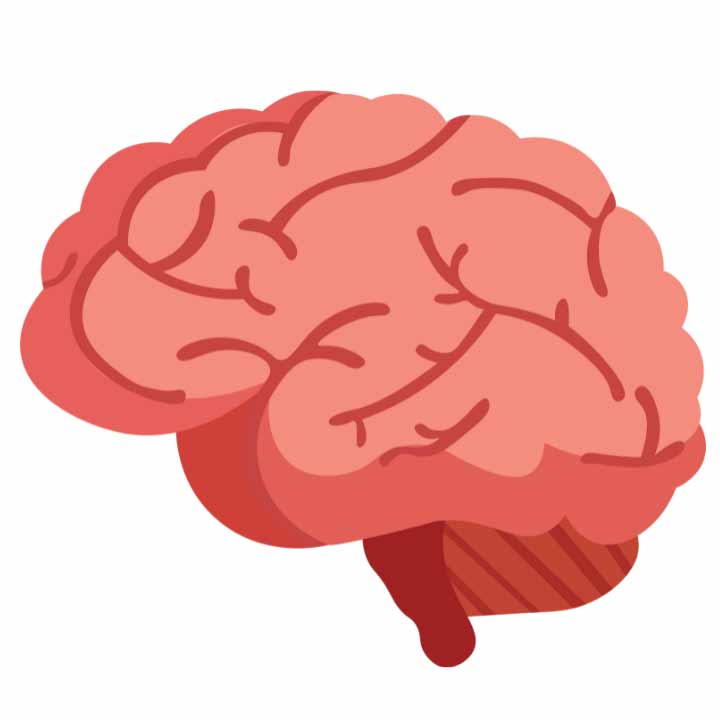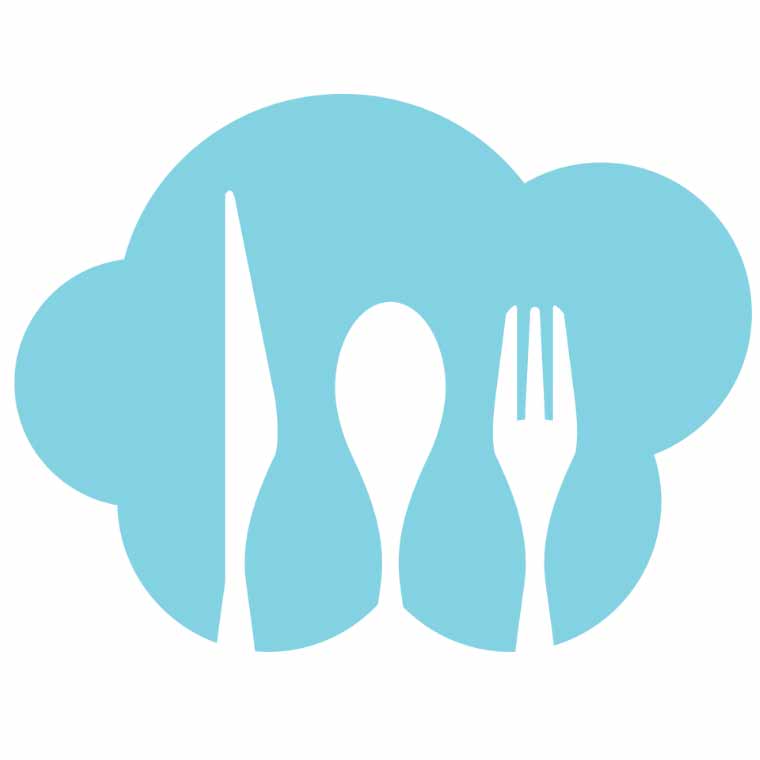Alcohol
Drinking too much in too little time is no fun: it's a blow to the brain, the heart and your future.
Binge drinking is the patron saint of binge drinking, corresponding to five or more drinks in men, or four or more drinks in women, in a 2-hour period (1). This is colloquially known by young people as binge drinking.
What happens to us when we drink too much alcohol in a short time?
Intoxication occurs and is linked to traffic accidents, assaults, and risky behaviors such as the consumption of other substances and unprotected sex, increasing the risk of STIs (2). It doubles the risk of cardiovascular mortality and alters brain development and maturation, resulting in lower academic performance (2). During adolescence and young adulthood, the brain is still development, which causes alcohol to have more profound neurotoxic effects. It is also associated with alterations in the microbiota and damage to lung and muscle tissue (2).
How many times have we stopped doing something because "we were hungover"?
During hangover we feel fatigue, headache, nausea and sensitivity to light and sound. Evidence sample that there are abnormalities in brain activity even the next day (3).
But one thing is clear, quitting binge drinking brings multiple benefits, here are some of them: it improves sleep, skin condition, regenerates the liver, improves mood, favors concentration and report, financial aid lose weight and decreases the risk of cancer (4).
There is no safe dose of alcohol. We should identify the reasons why we drink, and avoid drinking due to stress or anxiety. It is recommended to establish limits and reflect on one's own habits and those of the environment (5). It is important to emphasize that the safe dose is 0.0 g/l.
With all this, is it really worth drinking it all?
bibliography
- Understanding binge drinking and hazardous drinking. National Institute of alcohol. Abuse and Alcoholism [Internet]. NIH, 2025 [cited 30 October 2025].
- Valencia Martín JL, Galán I, Segura García L, Camarelles Guillem F, Suárez Cardona M, Brime Beteta B. Episodes of intensive alcohol consumption "binge drinking": challenges in its definition and health impact. Rev Esp Public Health. 2020;94:e202011170.
- Rodrigues R, Lopez-Caneda E, Almeida-Antunes N, Sampaio A, Crego A. The day after binge: electrophysiological correlates of attention and working memory processing the day after hazardous alcohol intake. Drug Alcohol Depend. 2025;276:112878.
- Dadíc, F. (2024). This is how the body reacts if you stop drinking alcohol for a month. Infobae.
- Acosta A, Mijancos T, Barbería M, Álvarez-Mon MÁ. Is there such a thing as healthy alcohol consumption? Medicine (Accredited Continuing Medical training Program). 2024;14(23):1385-93.
More articles
Christmas celebrations are the perfect excuse to increase alcohol consumption. In fact, programs of study confirms that alcohol consumption increases by more than 30% at this time of the year.
If consumed, moderate consumption is advised so as not to put our health at risk. Avoid drinking on an empty stomach and choose drinks with lower alcohol content. And do not forget to drink plenty of water. Also, avoid driving under the influence of alcohol, one of the greatest risks of these dates.
Alcohol is part of our culture today and it seems that, at Christmas time, drinking alcohol is more allowed than ever. Even young children often have their first contact with alcohol, with their parents' permission. It is striking that 1 in 10 adolescents from the age of 14 start drinking alcohol at this time of year.
This Christmas, don't normalize the consumption of alcohol at home, be a model of reference letter! Is it necessary to have a good holiday? Would your celebrations change if alcohol were not present?
....................................
María Lavilla, Ph.D. from School Nursing.


